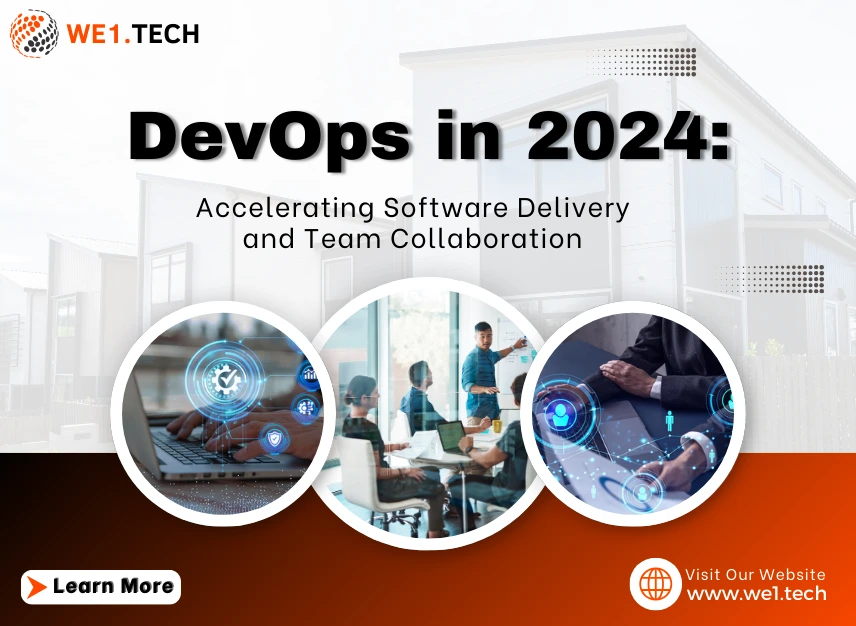
There's no denying the fact that DevOps is revolutionizing the realm of software development. As businesses strive to stay competitive, speed and team collaboration are crucial for success. DevOps bridges the gap between software development and IT operations teams. As a result, it enables efficient and fast software delivery. This methodology focuses on automation, continuous integration, and shared responsibility, ensuring that teams work together.
In today’s fast-paced world, slow development cycles are certainly no longer an option. DevOps offers a solution by streamlining processes and enhancing communication. The result? Quicker releases, fewer errors, and stronger collaboration.
In this blog, we will discuss how DevOps accelerates software delivery and transforms team collaboration. We explore how it is a necessary strategy for modern organizations. So, let's dive in!